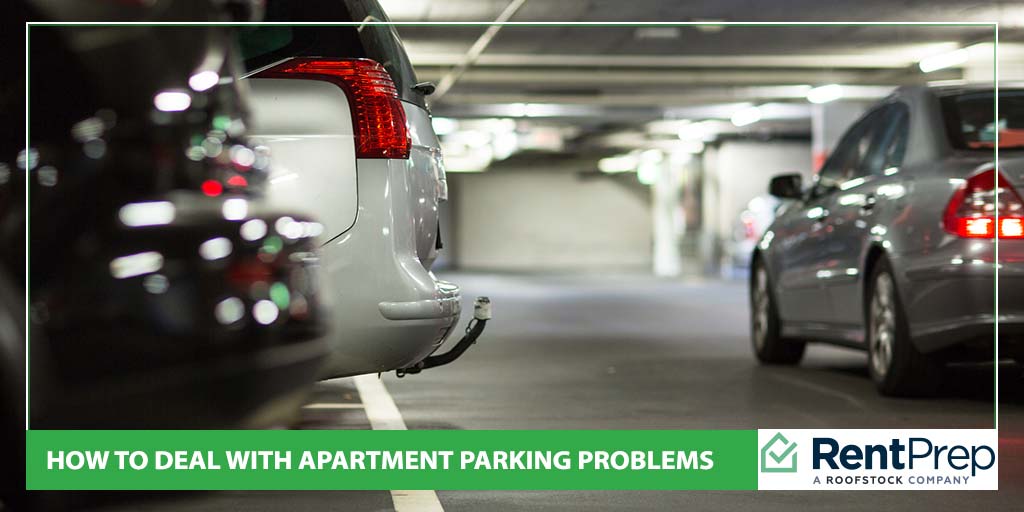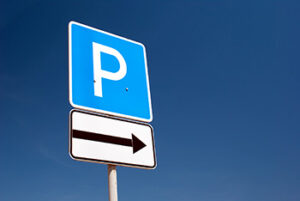
Apartment parking plays a significant role in the comfort, safety, and satisfaction of residents, as well as the overall attractiveness and compliance of the property. It’s an essential amenity that contributes to the quality of life in apartment communities.
Sure, parking depends on factors such as location, size of the complex, and amenities offered. Whether it’s assigned spaces for residents’ convenience, covered parking for protection, or valet services for luxury, apartment complexes strive to provide parking solutions that meet the needs of their residents. Understanding the available parking options can help apartment dwellers make informed decisions when choosing their next living space.
It seems that no matter where you go, parking seems to be an ever-present issue. It doesn’t help that cars have grown in size over the past decade, either.
Parking issues arise at the grocery store, the mall, and apartment complexes. Your tenants will appreciate your efforts in making their parking situation as easy as possible.
6 Common Types Of Apartment Parking Options
Parking is a crucial consideration for apartment dwellers, with various options available to accommodate residents’ needs. From designated spaces to valet services, apartment complexes offer a range of parking solutions. Let’s explore some common types of apartment parking options:
1. Assigned Spaces
Assigned parking spaces are designated specifically for individual residents. Each apartment unit is allocated a predetermined parking spot, ensuring residents have a guaranteed place to park their vehicles. This system provides convenience and eliminates the hassle of searching for parking.
2. Open Parking Areas
Open parking lots are common in larger apartment complexes where designated spaces may be limited. Residents have the flexibility to park in any available space within the lot on a first-come, first-served basis. While open parking lots offer flexibility, they can sometimes lead to congestion and competition for spaces, especially during peak hours.
3. Covered Parking
Covered parking options protect from the elements, shielding vehicles from sun, rain, and snow. Covered parking structures or carports are often available as an upgrade or included amenity in upscale apartment complexes. Residents value covered parking for its added convenience and protection of their vehicles.
4. Garage Space Underground
Many modern apartment buildings feature underground parking garages, offering a secure and sheltered parking solution. Underground garages maximize space utilization, providing residents with a safe and convenient parking option. However, access to underground parking may require keycard or remote access, adding an extra layer of security.
5. Guest Parking
Guest parking areas are designated for visitors to the apartment complex. These spaces are typically separate from resident parking and may have restrictions on duration or availability. Guest parking ensures that visitors have a convenient place to park without impeding on resident spaces.
6. Valet
Some luxury apartment buildings offer valet parking services for residents and their guests. Valet attendants park and retrieve vehicles on behalf of residents, providing a high level of convenience and luxury. While valet parking may come at an additional cost, it offers a hassle-free parking experience for residents.
How Much Does Apartment Parking Cost?
The cost of apartment parking can vary widely depending on factors such as the city, neighborhood, and amenities offered by the apartment complex. In metropolitan areas with high demand for parking, such as San Francisco or New York City, monthly parking fees can range from around $200 to over $600 or more.
In suburban or less densely populated areas, parking fees may be lower, typically ranging from $50 to $200 per month. Additionally, some apartment complexes include parking in the overall rent, while others charge an additional fee for parking.
Common Tenant Parking Problems
There is nothing worse to a tenant than to arrive at his apartment late one Saturday night to find that there is no parking in the immediate vicinity and that he has to park his car on the street, two blocks from his house. In many places, college towns especially, tenant parking gets used on weekend nights by guests of other tenants and party-goers.
As a property manager, you need to walk the tightrope between keeping your tenants happy and doing the right thing.
No Signs

Ensure that you have proper signage in all the right places. Every location is different; find out what signs you need to put up, where, and what each has to say to comply with the local laws.
You have to cover yourself if you have to tow cars that don’t belong on your premises. It’s an ugly fact of property management, but on occasion, you will have to tow somebody.
The last thing you want is to have to deal with having broken the law while trying to carry out the responsibility of ensuring that your tenants can park in your lot.
No Parking Stalls
Part of your property management responsibilities is to ensure that parking spaces are easily discerned. You need to make sure that the parking stalls are re-striped (re-painted) regularly. Over time, the paint will fade away. Either hire a construction company that can do this for you or buy the equipment needed to do the job yourself. Contrary to what you may believe, you can find parking striping machines for less than $100 that are suitable for small jobs.
For larger jobs, you will most likely want to hire a company that already owns the equipment.
No Rules Outlined
You also need to make sure that you follow applicable laws when it comes to attempting to find somebody who has parked in an unauthorized fashion on your property.
For example, you cannot watch somebody park in your lot who doesn’t belong there, call the tow company, and have their car towed. You MUST attempt to find the owner of the car that is parked inappropriately in your lot before you can initiate the towing process.
How Does Parking Look At Your Rental?
Once you have drawn that proverbial line in the sand, where you have made a statement to the public about the fact that they will be towed if they park in your lot when they should not be doing so, as in the case of a party in a neighboring apartment complex, you must practice what you preach. It is not okay to be inconsistent!
The same goes for your handicapped parking spaces. You must patrol your grounds and ensure that people are parking in spots appropriately.
So there you have it: Establish proper and legal parking rules, enforce them, and your tenants will thank you for doing so when they come home late on a Friday or Saturday night.
For all of your tenant screening, background check, and credit check needs, turn to rent-prep.

